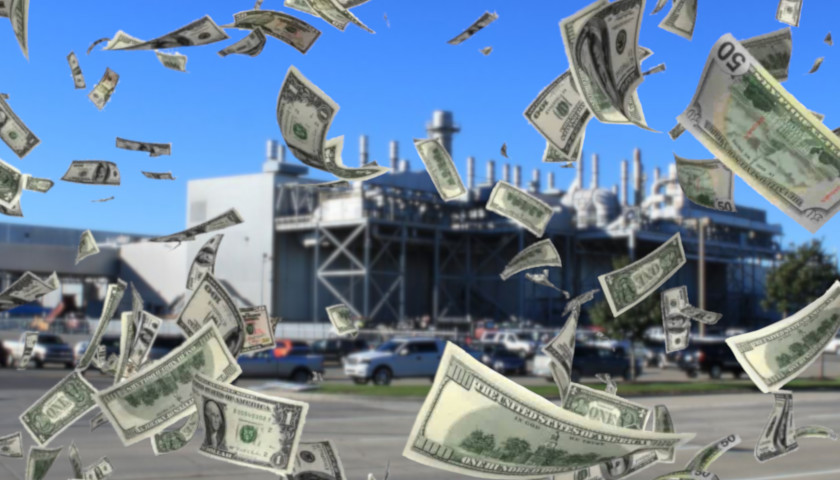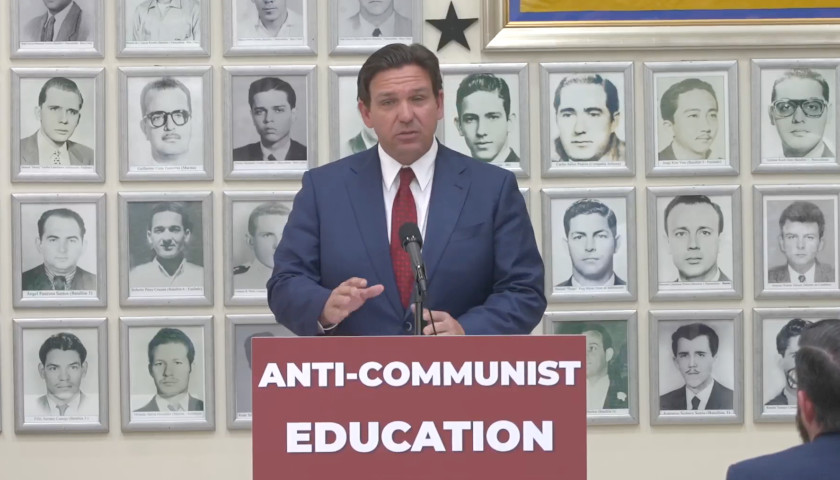by Jon Styf
Economic incentives from states such as Tennessee toward private businesses looking to move to the state continue to increase.
But academic research shows that the largest impact of the spending of public dollars is to bring political and financial benefit to the politicians who approve those incentives.
Gary Wagner, a professor of economics at the University of Louisiana-Lafayette, worked with The Citadel’s Russell Sobel and College of Charleston’s Peter Calcagno on the report, which tracked 16 years of data on rising economic incentives for private businesses.
Wagner said that economic incentives are good politics but not good economics. He said much of the prior research done on incentives has been aimed at their effectiveness in creating jobs, higher income or more tax dollars for a state. That research has consistently shown that there is not large benefit to incentives, he said, so instead he looked to find out other reasons that they might be widely used.
The research focused on political donations from groups, such as trade and construction organizations and lawyers/lobbyist, and found that their political donations increased exponentially after incentives were given.
“After a state awards their first really, really large incentive, total campaign contributions from these types of organizations go up significantly compared to states that haven’t awarded a very large incentive,” Wagner said.
In Tennessee, Ford Motor Company was approved for $884 million in incentives for its $5.6 billion project a year ago. The state has given out at least five grants of $1 million or more in 2022.
Wagner said that the economic impact reports used to support incentive decisions are consistently inaccurate and inflated.
“In addition to receiving higher campaign contributions, we also find that the margin of victory for incumbent politicians actually gets wider when they give these big incentives,” Wagner said. “What I would suggest to people is, in the absence of evidence that these programs work, they should assume they do not work. Flip the default.”
In Tennessee, Gov. Bill Lee’s largest contributions by sector include finance, insurance and real estate along with general business, health, construction, lawyers and lobbyists and transportation companies.
“If a state offers a $1 billion incentive to a company, is that the best use of $1 billion?” Wagner asked. “Or could you use that in some other way that is more effective.”
Wagner’s report also showed that one large incentive in a state leads to other companies pushing for large incentives of their own.
– – –
Jon Styf is an award-winning editor and reporter who has worked in Illinois, Texas, Wisconsin, Florida and Michigan in local newsrooms over the past 20 years, working for Shaw Media, Hearst and several other companies. Styf is a reporter for The Center Square.
Photo “Ford Plant” by Dwight Burdette. CC BY 3.0.








